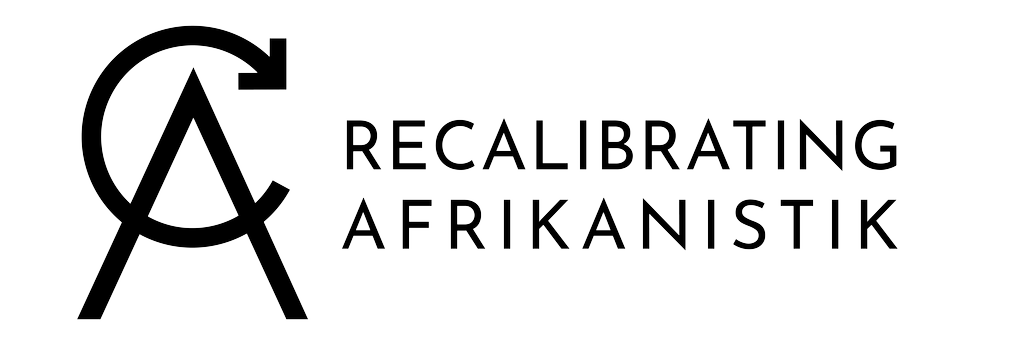RecAf Conference 2023 in Abuja

RecAf is made up of six partner universities, three in Europe and three in Africa, and a central feature of the project was that each African partner university would have the opportunity to host a “summer school” during the course of the seven-year project. This was heavily postponed by the coronavirus pandemic, and we finally held our first one in January of 2023, hosted by the Federal University of Wukari in Nigeria. Unfortunately, the security situation around the city of Wukari, in Taraba State, was deteriorating, so we moved the event to the capital city, Abuja.

Our partner at the Federal University of Wukari, Prof. Judith Mgbemena, organized everything on the Nigerian side, and she did an incredible job! She had control over how the event would be structured, and she chose to do more of a conference structure than a summer school because she believed it would be of greater service to the students and other attendees. She reserved an excellent space at the National Universities Commission (NUC) in Abuja, handled all the invitations within Nigeria, arranged everyone’s accommodations, helped construct the program, organized the catering, and a hundred other things that went unnoticed by most, but made for an exceptionally smooth event. We’re very lucky to have Judith in our project!
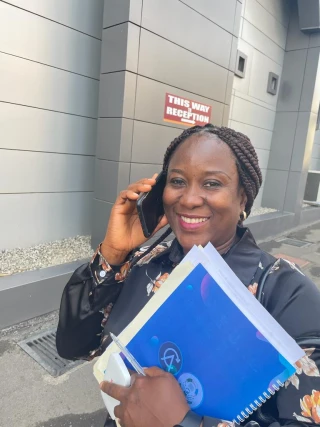
We international attendees came from the other five partner universities—the University of Bayreuth and University of Leipzig in Germany, the University of Naples ‘l’Orientale’ in Italy, Moi University in Kenya, and Stellenbosch University in South Africa. This marked the first time we had all physically met! The project had started three years earlier, but the pandemic had forced us to collaborate via videochat for so long that it was surreal to meet in person. When Prof. Tom Mboya, our partner at Moi University, saw me for the first time, he said, “Oh, you’re taller than I thought!” It was fantastic getting to spend the week with these people we had worked with but didn’t really know. The spaces between the conference proceedings—meals especially—gave us chances to hang out together, to learn about and from each other. I felt like I wasn’t just getting to know people during these times, but that my worldview was being reshaped—recalibrated, if you will.
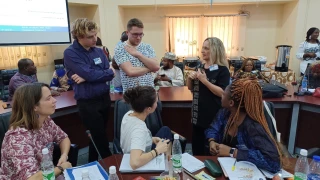
The central location in Abuja also allowed a great number of Nigerian scholars to travel from all over the country for the event, and everyone who was invited was financially sponsored. This diversity of people, combined with the broad topic “Creativity in Language & Beyond”, allowed for a great variety of presentations and conversations.
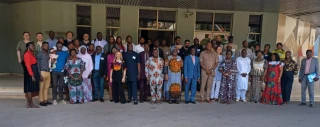
We began on Monday, January 23rd with opening remarks by Prof. Judith Mgbemena, Prof. Clarissa Vierke (the project head from the University of Bayreuth), Prof. Jude Sammali Rabo (the Vice Chancellor of the Federal University of Wukari), and Prof. Abubakar Adamu Rasheed (the Executive Secretary of NUC). We were then treated to a keynote speech by Prof. Imelda Udoh (President of the Linguistic Association of Nigeria). This was followed by lunch and a panel on “Humour and Popular African Children’s Online Performances” by scholars from the Federal University of Wukari led by Prof. Ignatius Chukwumah.
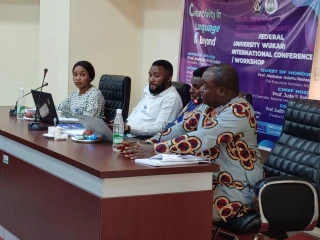
Tuesday opened with a panel on “Narration, Orality and Gendered Voices” by young scholars from the University of Ibadan, the Federal University of Wukari, and the Federal College of Education Pankshin. This was followed by a stream of presentations by scholars from the Universities of Nigeria, Wukari, Potsdam, Leipzig, Bayreuth, Ibadan, and the National Institute for Nigerian Languages, punctuated by tea and lunch breaks.
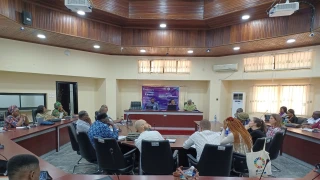
We kept it rolling on Wednesday with presenters from the Universities of Naples ‘l’Orientale’, Lagos, Wukari, Lafia, Leipzig, Calabar, Umaru Musa Yar’adua, and the National Institute of Nigerian Languages. It should be noted that during this whole conference, during presentations, discussions, and breaks, there was a small team of people working to keep everything on the rails. This included Kaitlyn Medina, our digital content manager, who managed everyone’s slideshow for them and created snazzy slides for upcoming presentations; Ojo Blank, our coordinator, who kept the paperwork organized from the German side so everyone could receive their promised funds; and Judith, the tireless host who did everything from running errands to communicating with local staff. These jam-packed days would not have appeared so effortlessly smooth without these amazing people!

Thursday was a shorter, slower day: a small summer school on African children’s literature. We were treated to an oral performance by a local troupe before lectures on children’s literature by Prof. Sule Egya (Ibrahim Badamasi Babangida University Lapai) and Prof. Flavia Aiello (University of Naples ‘l’Orientale’). After a lively discussion and relaxing lunch, we closed the conference, but people were having such a great time, they lingered until the NUC kindly asked them to leave so they could lock up. There was some excitement at the end when it was revealed that a thief had infiltrated the conference and stolen a partner’s laptop, and our new Nigerian friends—gracious hosts to the very end—flew into action to try and catch the thief. Although we accidentally got a picture of the thief (he was wrangled into our final group pictures), to my knowledge he was never caught, but I won’t soon forget the dedication and camaraderie of those Nigerian scholars.
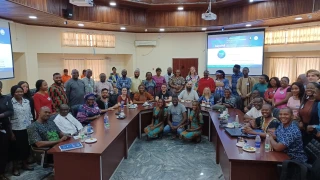
The final discussions of the RecAf Conference in Abuja were dominated by gratitude. Everyone had something nice to say about how well it was organized and how fruitful it had been. The Nigerian scholars in particular were over the moon about the opportunity to be sponsored for a conference—a facet that made it possible for many of them to attend in the first place—and they went on and on about how impactful it had been. In the end, we had 32 presentations by scholars from 14 different universities and 50 participants in total. True to RecAf, 72% of the attendees were young scholars, mostly doctoral and master’s students, many of whom were attending their first conference, and all of whom received a bump upwards in their academic training.
Below are a number of testimonials by participants in the conference—I’ll let them speak for themselves.
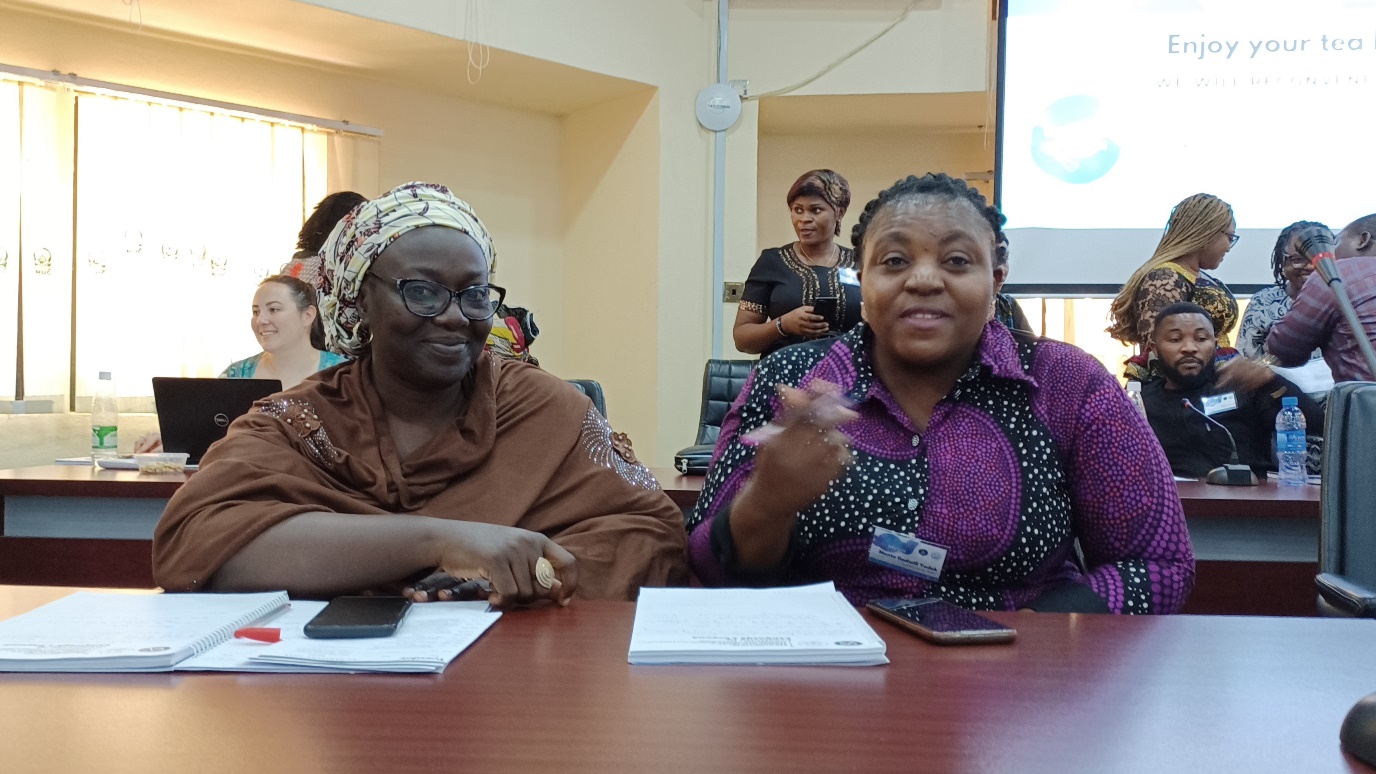
“The Recalibrating Africanistik conference was a learning experience which gave me a whole new perspective of conference attendance. I got positive feedback after my presentation and made new contacts.”
--Maryam Yusuf Magaji, Federal University of Wukari
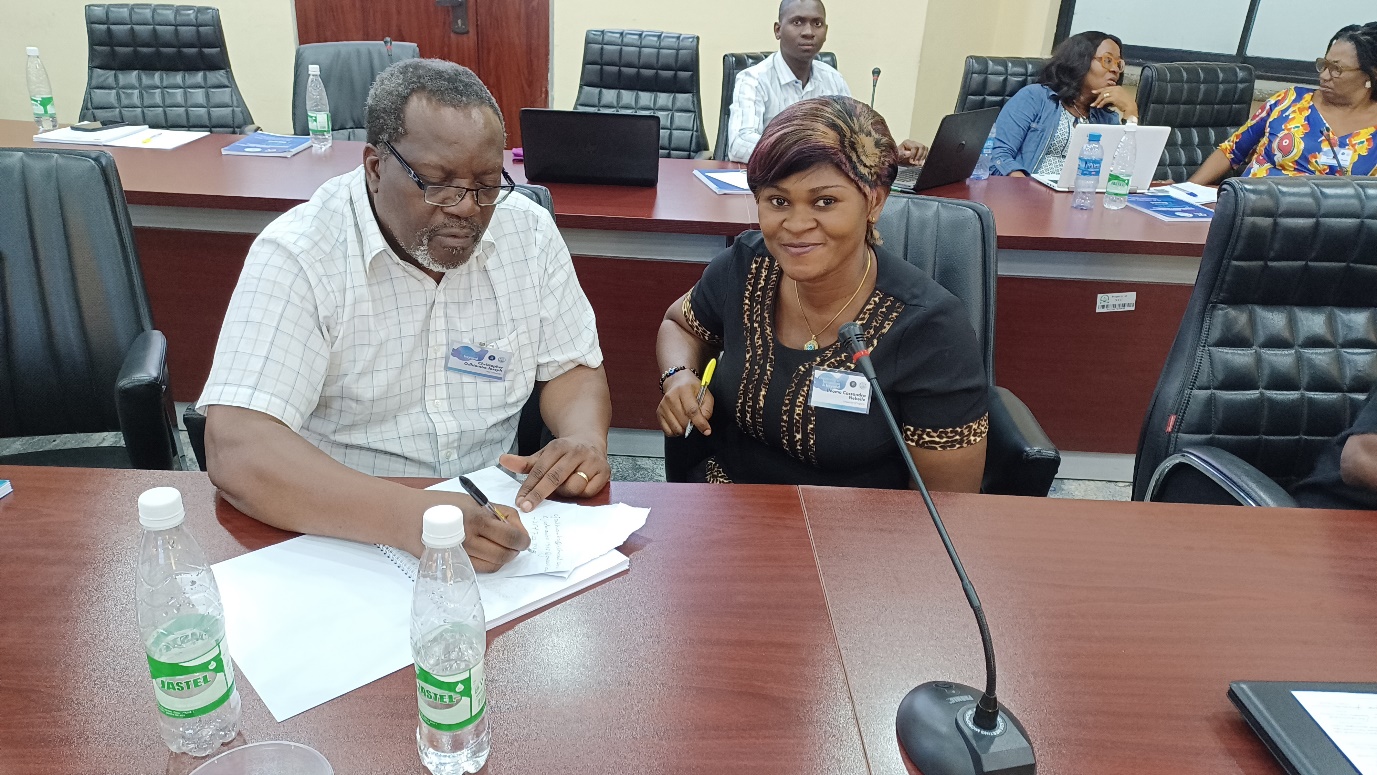
“The conference was a rich academic festival for me. It afforded me the time and opportunity to celebrate my discipline, English and Literary Studies. I also had the opportunity to learn from seasoned academics, especially the interdisciplinary milestone which the discipline has attained as yet. Thank you for the privilege.”
--Ifeoma Cassandra Nebeife, University of Nigeria, Nsukka
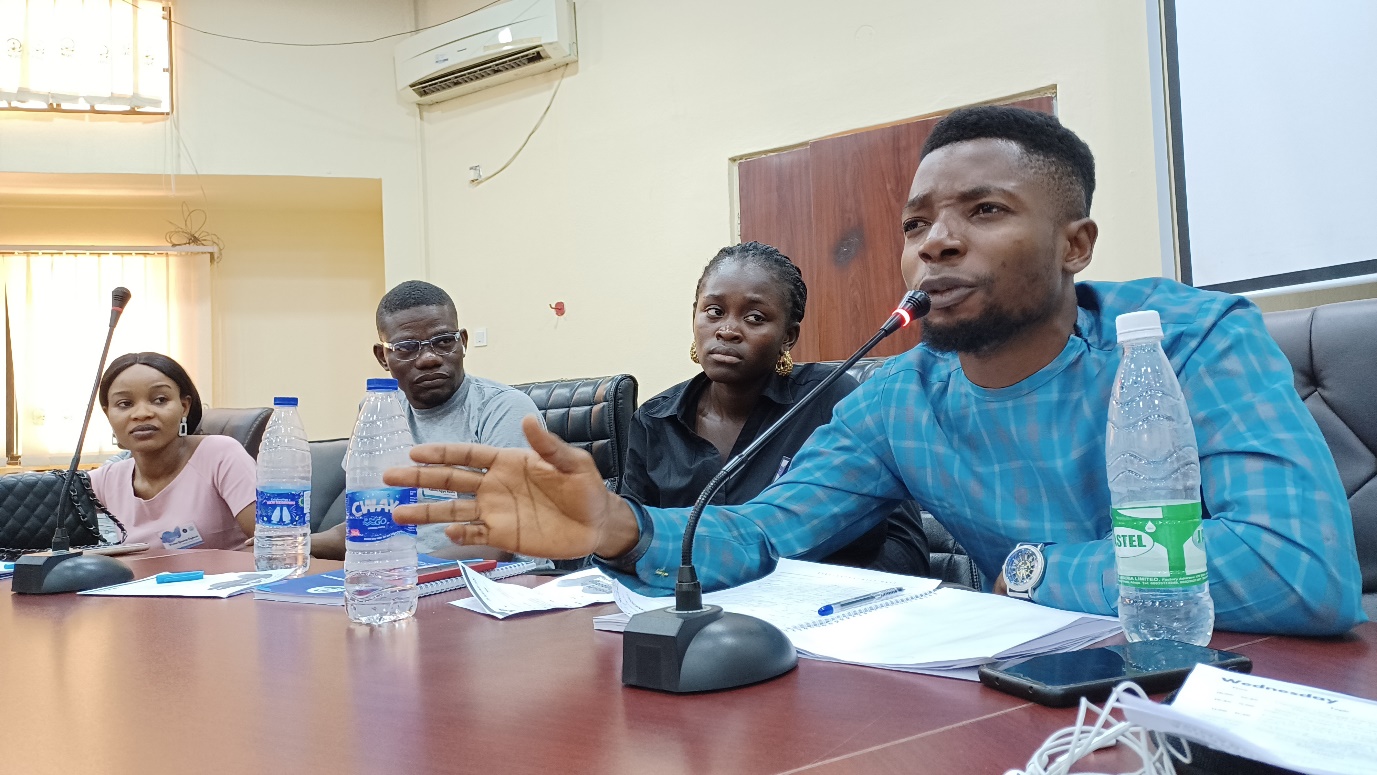
“It was fascinating to hear researchers from around the world discuss Africans, their rare heritage and their creative use of indigenous as well as global languages.”
--Victor Elendu Frederick, Federal University of Wukari
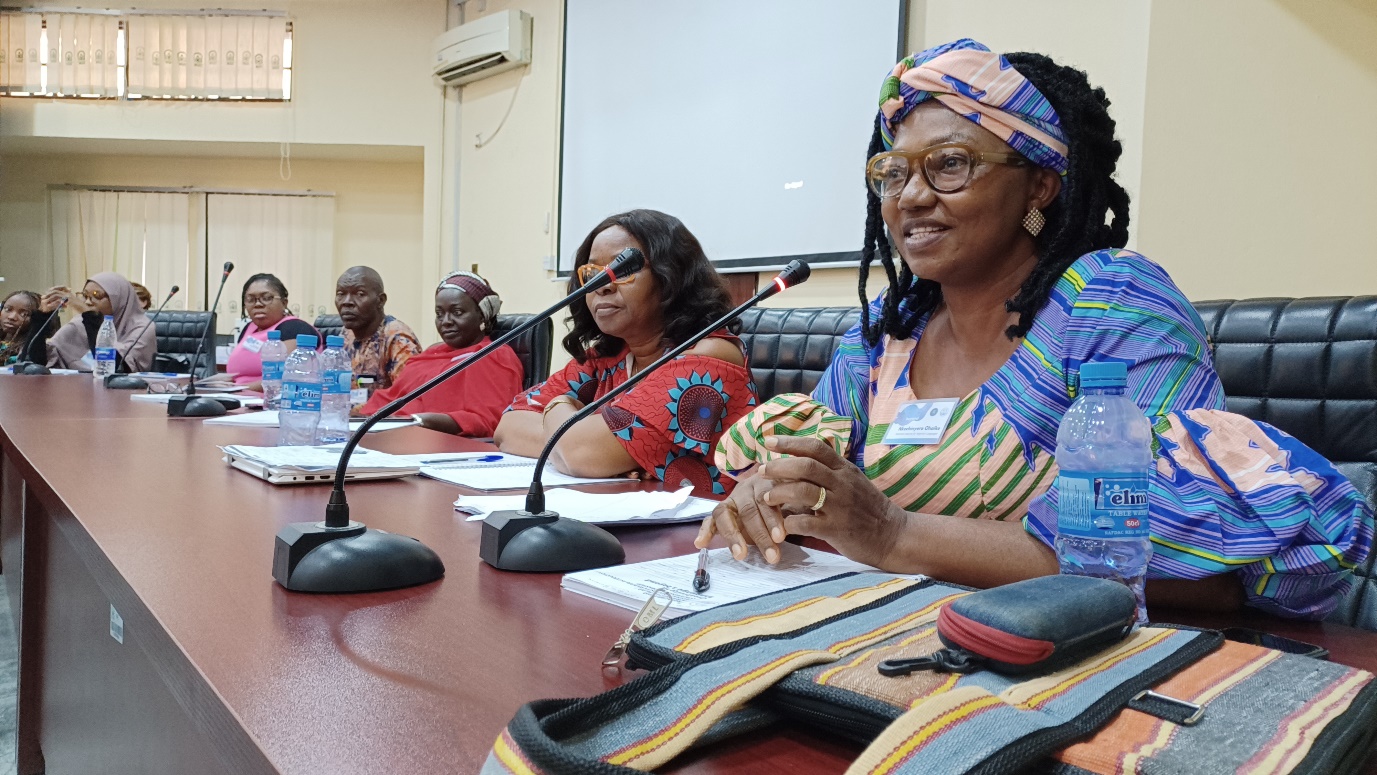
"The organisation of the 2023 Recalibrating Afrikanistic Conference hosted by Federal University Wukari, Nigeria, was, to say the least, perfect. No fees paid. There was cross fertilization of ideas and display of wealth of knowledge as participants presented their well researched papers. We were fed with both physical and academic sumptuous meals. I remain grateful to the organisers and like Oliver Twist, I look forward to more conferences and workshops in the nearest future.”
--Dr. Nkechinyere Ohaike, National Institute for Nigerian Languages
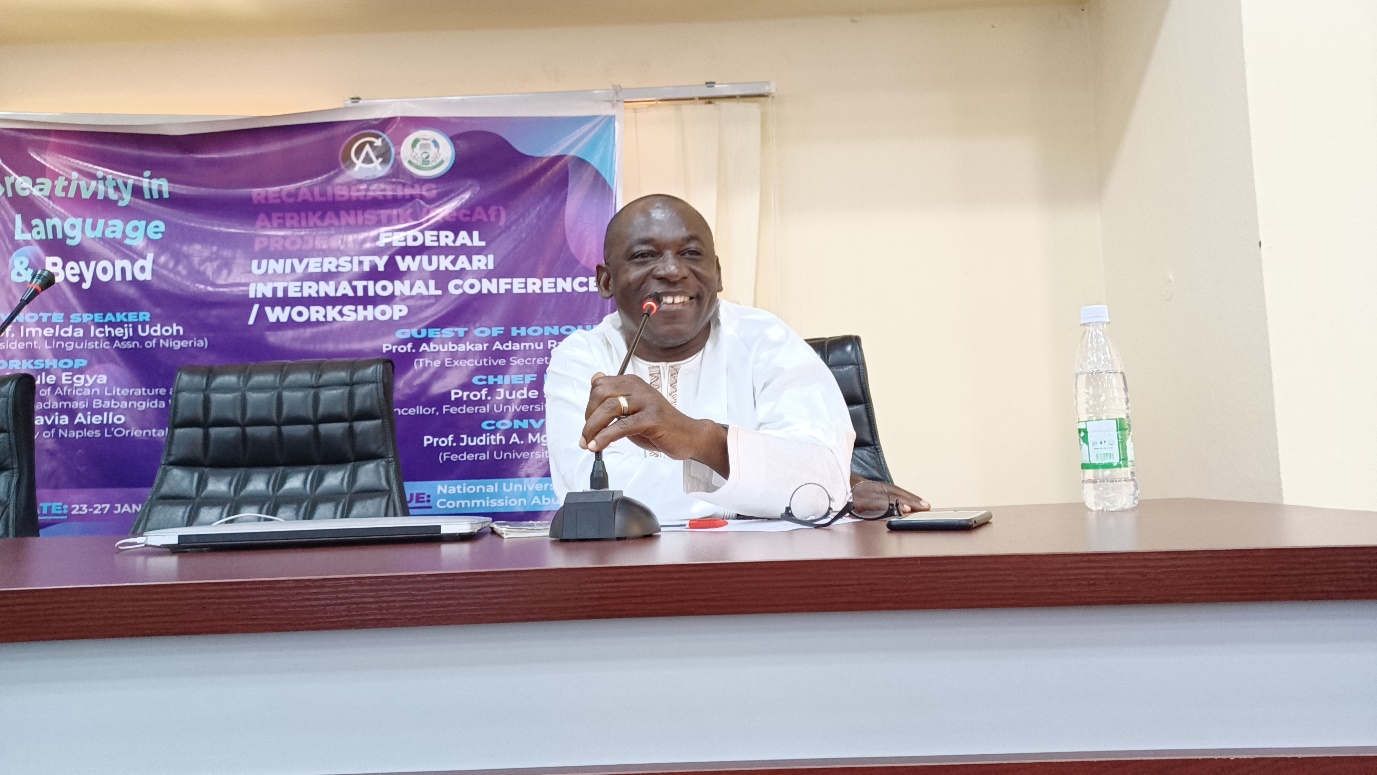
“It was, to say the least, a great success spiced with insightful deliberations, beautiful faces, and infectious laughters. I established new network across Kenya, South Africa, and Germany; and met brilliant young researchers who gave me great hope for Africa’s future.”
--Prof. Sule Egya, Ibrahim Badamasi Babangida University Lapai
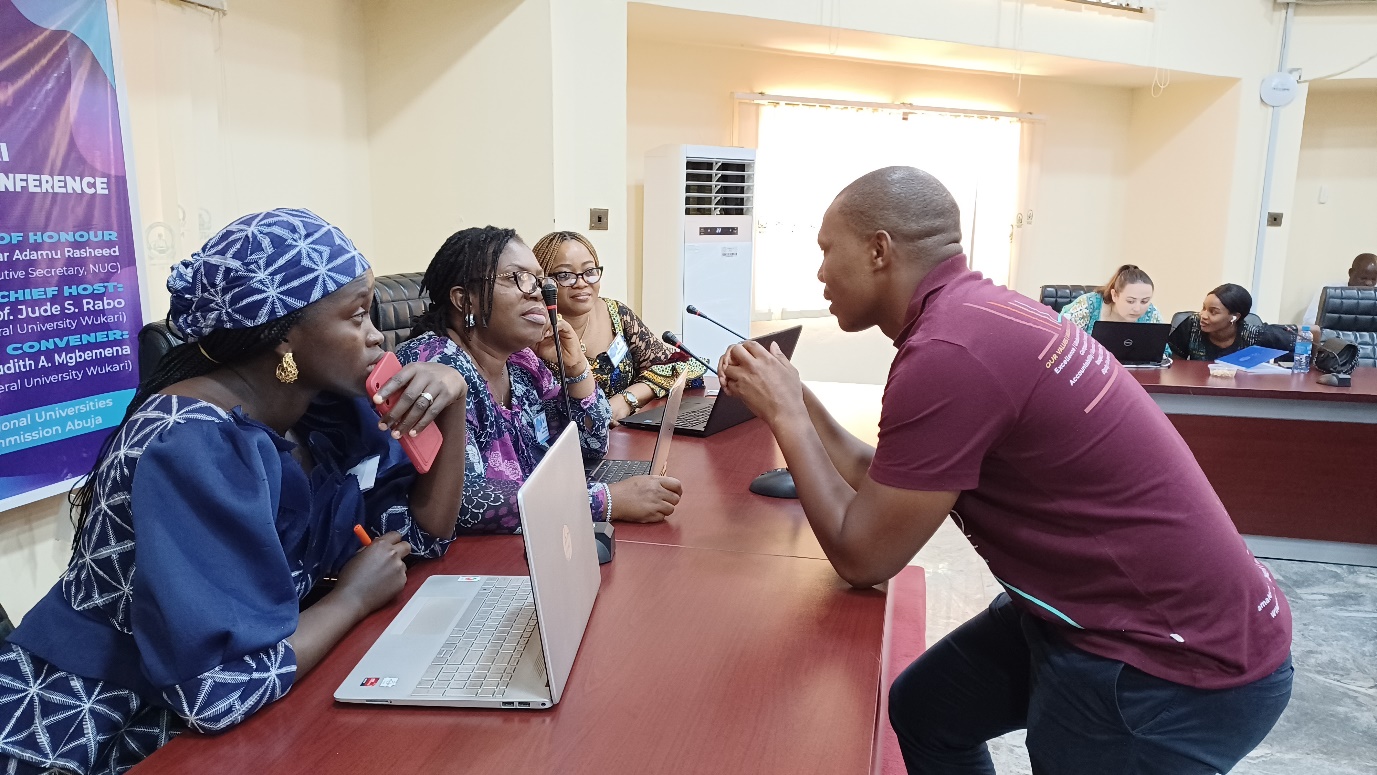
“Recalibrating Afrikanistik, though my first international conference was an amazing, insightful and impactful experience. I had an opportunity to network and learn from highly intelligent yet humble scholars. I cannot help but also mention the hospitality and organization by the host University, Federal University Wukari, Taraba State Nigeria. It was an unforgettable experience!”
--Vivian Ijeoma Ogbazi, Federal University of Wukari
